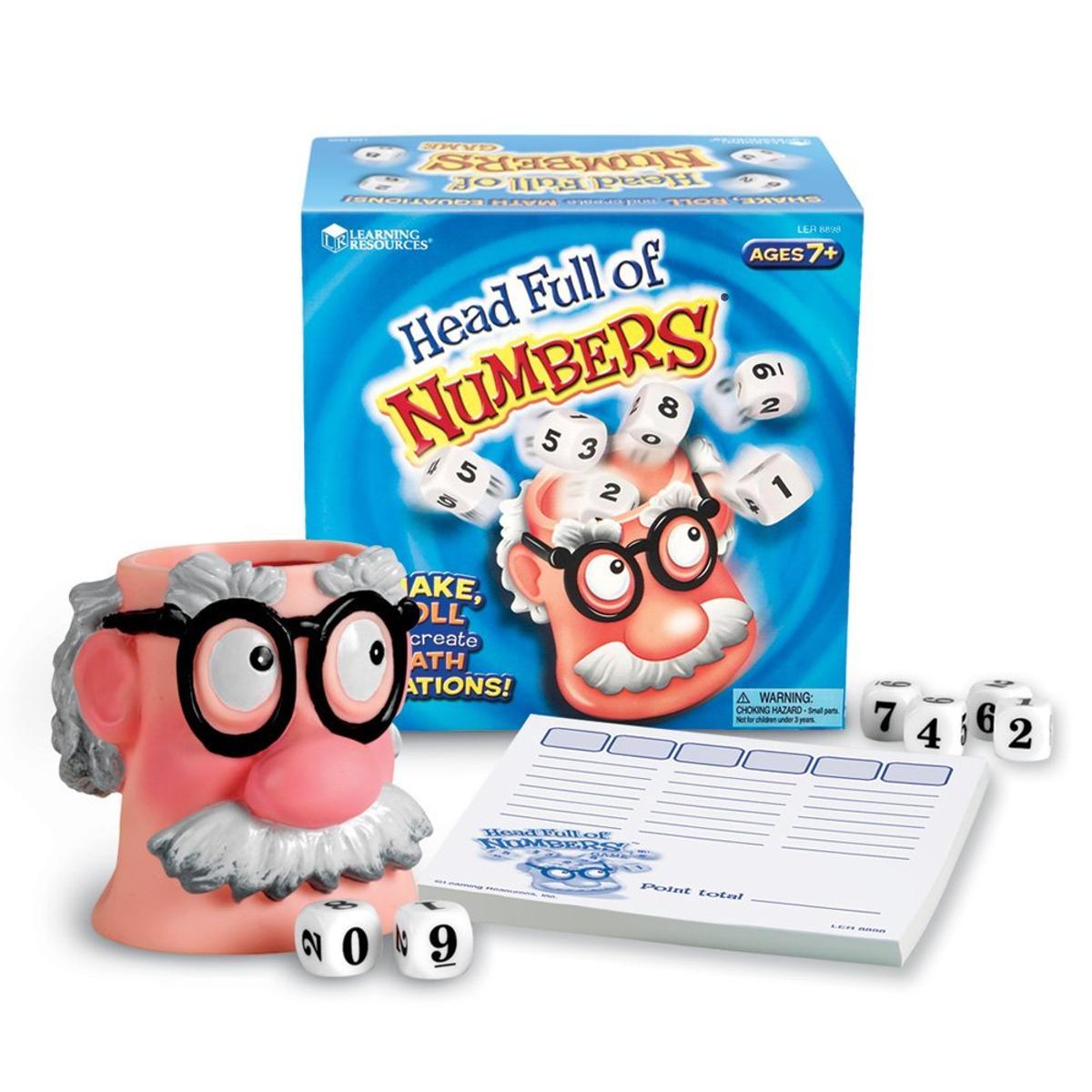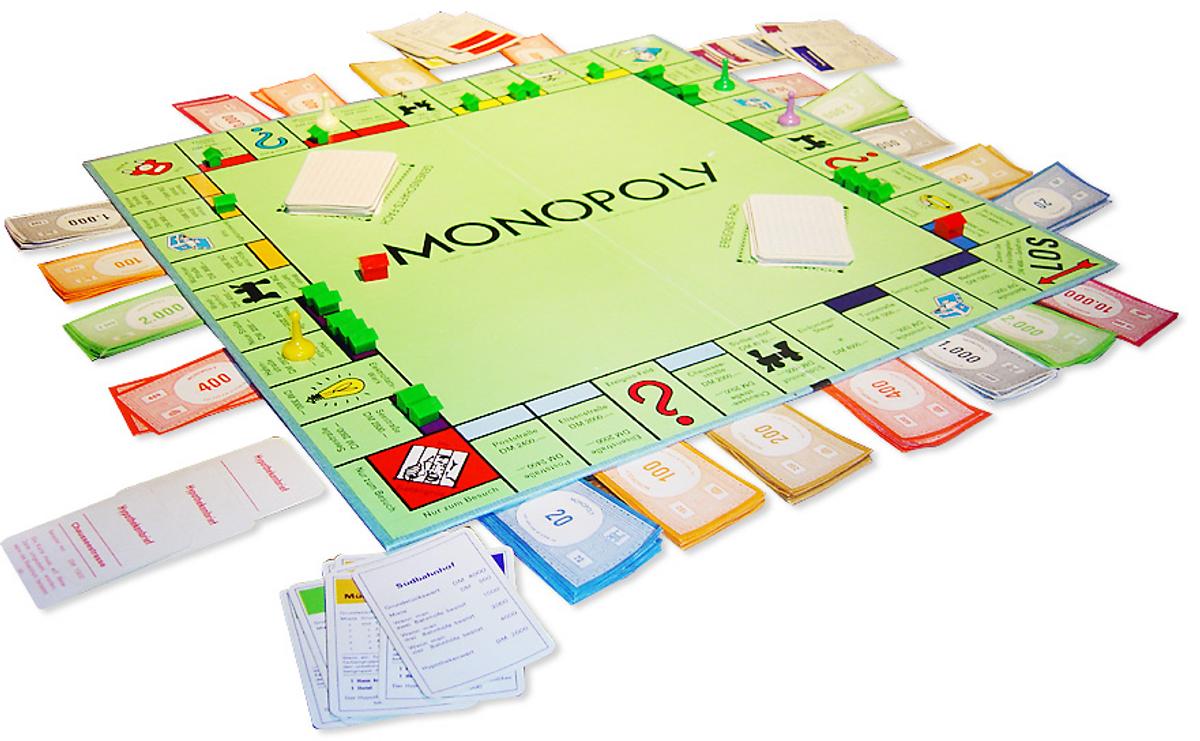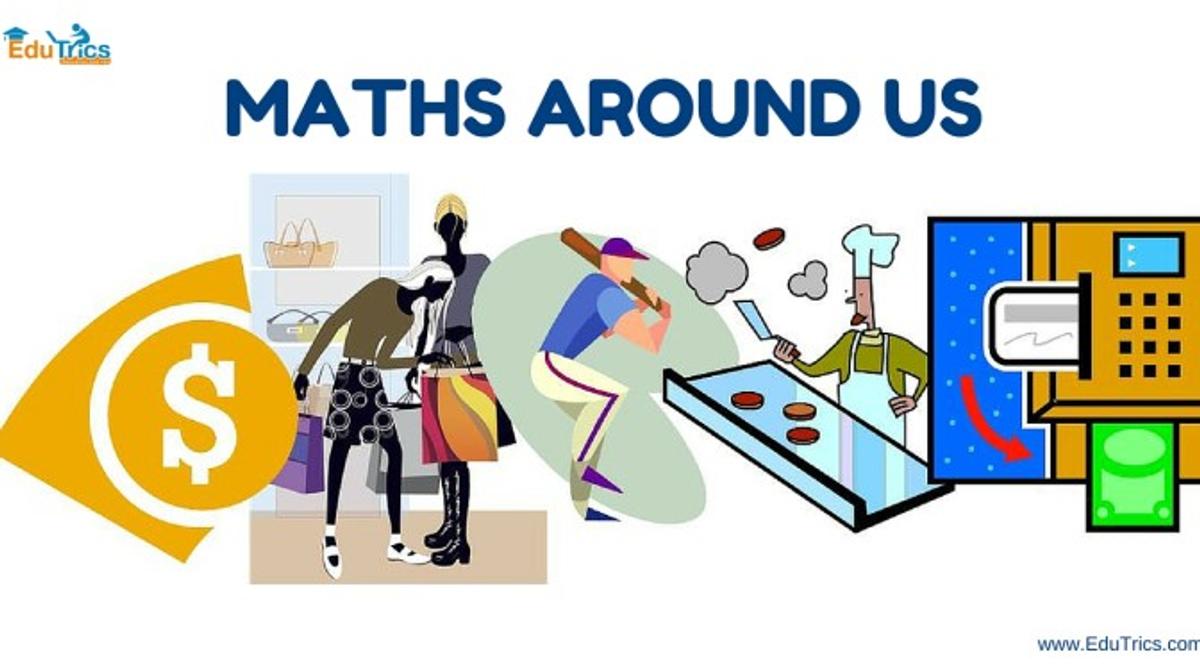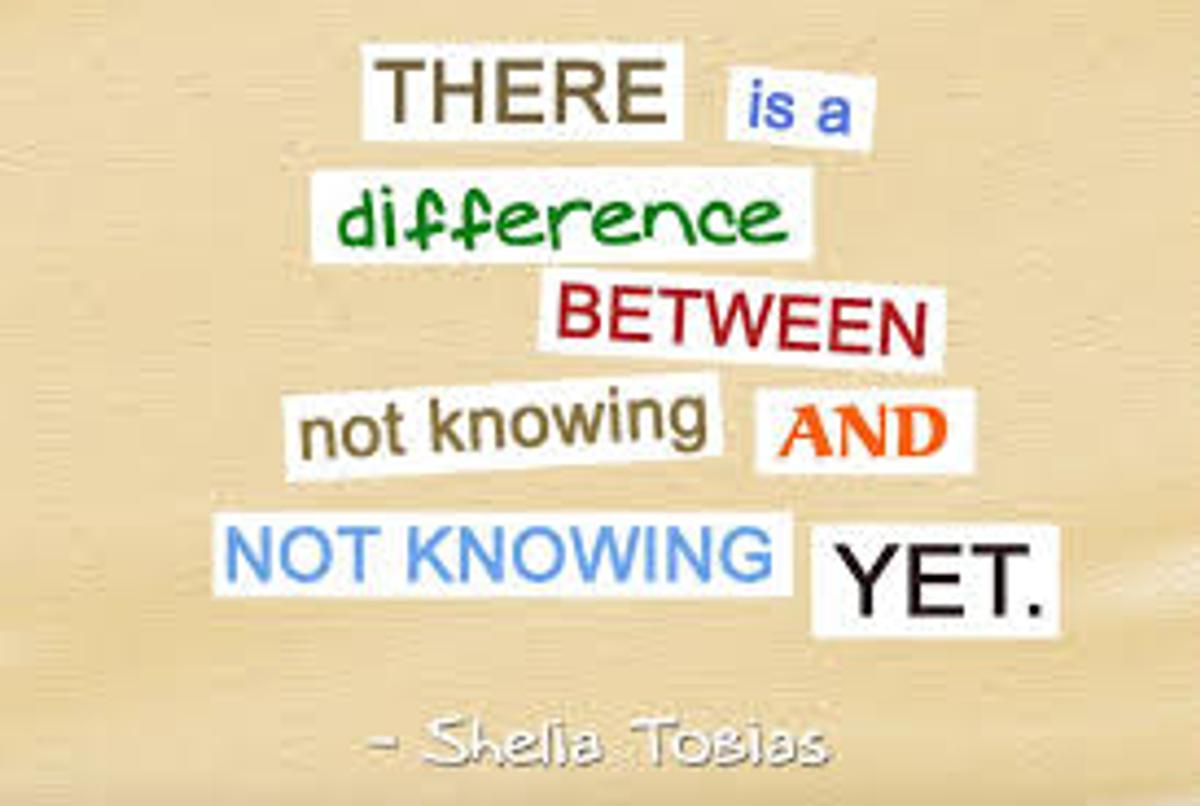Mathematics
Emma Sbizzirri

Mathematics
Emma Sbizzirri
While the last 12 months has provided some challenges, it has been wonderful to see students (and families) immerse themselves in authentic, real-life Maths! When we think of Maths today, critical thinking, problem-solving, reasoning and understanding are essential mathematical skills.
Remember over the holiday period to continue to talk about mathematics. Regardless of your child's age, regularly talking and engaging in conversation about mathematics can help build an authentic mathematical understanding. Some ways to help keep the talk engaging and focused:
Over the holidays, involve your child in everyday mathematics. Involve your child in using numbers to solve problems and using these to make everyday decisions.






A Growth Mindset approach is the belief that intelligence can be learned and that your brain grows from effort, experience and persistence. The opposite, a fixed mindset, is the belief that you are either smart or you are not.
These holidays, focus on praising your child's efforts and their ability to persevere with challenges. When a person has a growth mindset approach, they accept challenges, see effort as worthwhile and are open to learning from mistakes.
Sometimes the simple act of adding 'Yet' to the end of a statement can change our thinking and approach e.g. instead of 'I do not know my 6 times tables,' consider 'I do not know my 6 times tables YET.'
One terrific way that you can support your child's growth mindset approach is modelling this yourself as you share parts of your day! (What did you learn today? What did you try hard at? What mistake did you make that taught you something? How did you persist when faced with a challenge?)

